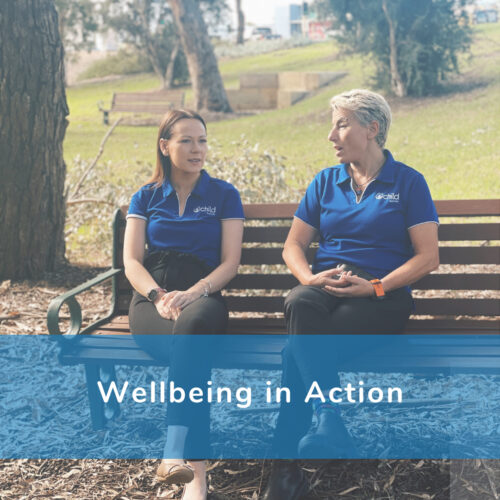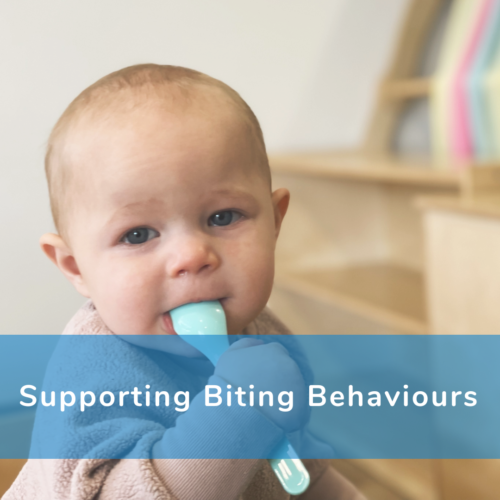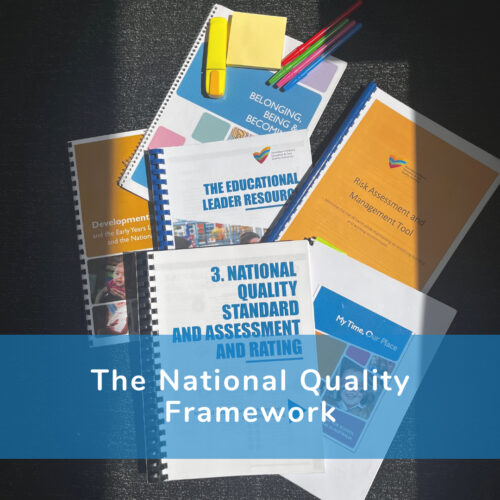The introduction of the ‘Sustainability’ principle to the learning frameworks, the ‘Early Years Learning Framework V2.0’ and ‘My Time, Our Place V2.0’ is a reflection of the changes in the world that have been ongoing since the first frameworks were written. Currently, the planet is in a crisis, and change is no longer optional, it is essential.
For real change to take hold, sustainability needs to become an embedded, routine and natural part of life. Educators have important and active roles to play in creating and promoting sustainable local and global communities together with families as teachers and role models for children.
When many of us think about sustainability, we think first of all to environmental sustainability however there are more layers. Sustainability refers to the environmental, social, and economic aspects of the way we maintain the planet and humanity, and all of these dimensions are intertwined.
Environmental sustainability which focuses on caring for, preserving and protecting nature may seem most relevant to this principle however, you may not realise how much they link to other aspects of sustainability. Social sustainability is about the inclusion of all in our community through respectful engagement, local and global. It is also about living together peacefully, and caring and connecting with those surrounding us. Economic sustainability refers to practices that focus on fair and equitable access to resources, conserving resources, and reducing consumption and waste.
In this webcast, these dimensions are discussed along with examples and ideas for embedding these aspects into everyday practice.
Learning Outcomes:
- Links to sustainability and the approved learning frameworks & NQS.
- Unpack the three dimensions of sustainability.
- Understand the interconnectedness of sustainability across the frameworks.
- Review some sustainability practice examples.
- Reflecting on current sustainability practices and plan next steps
EYLF & MTOP:
- Principle ‘Sustainability’
- Learning outcome 2
Links to NQS:
- QA3
Discover how to effortlessly manage your online learning experience with our step-by-step guides:
Creating a Single Order
Purchasing a course for yourself can easily be done following these next steps. Learn how to create a single order. Click here
Creating Bulk Orders for your Team
It’s now easier to purchase a course for your entire team. Learn how to create a bulk order. Click here
Purchase a Course for Someone Else
Want to gift a course or purchase in behalf of someone else? Learn how easy it is. Click here
Easily Find Your Courses Through “My Account”
To access your recently purchased online course(s), log in to your account by clicking on “My Account” at the top right corner of the page. Learn how to find your courses. Click here




